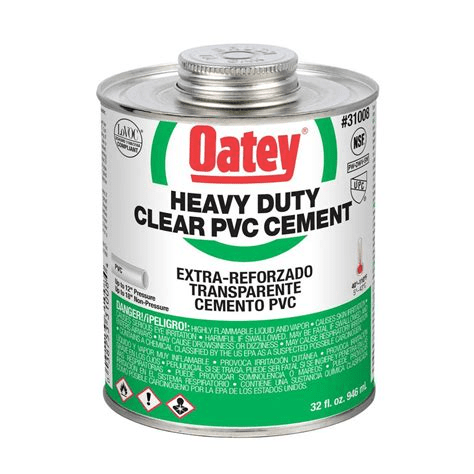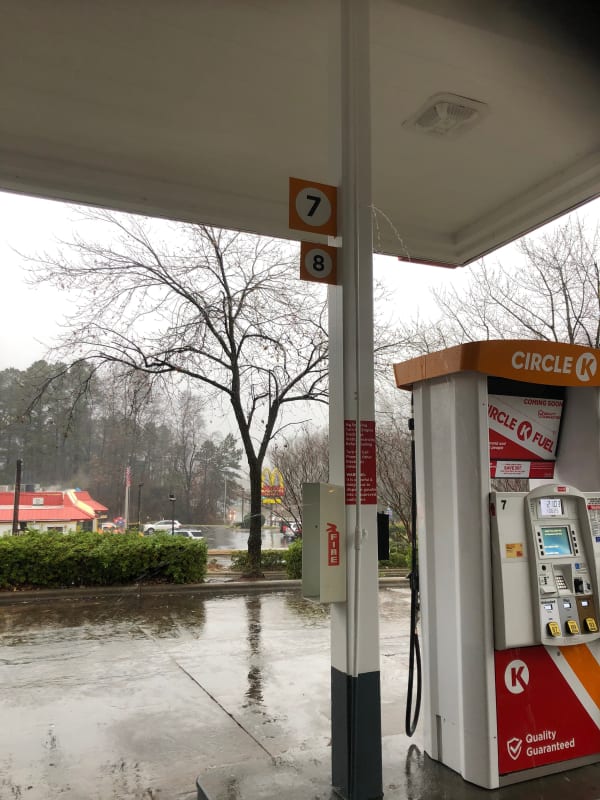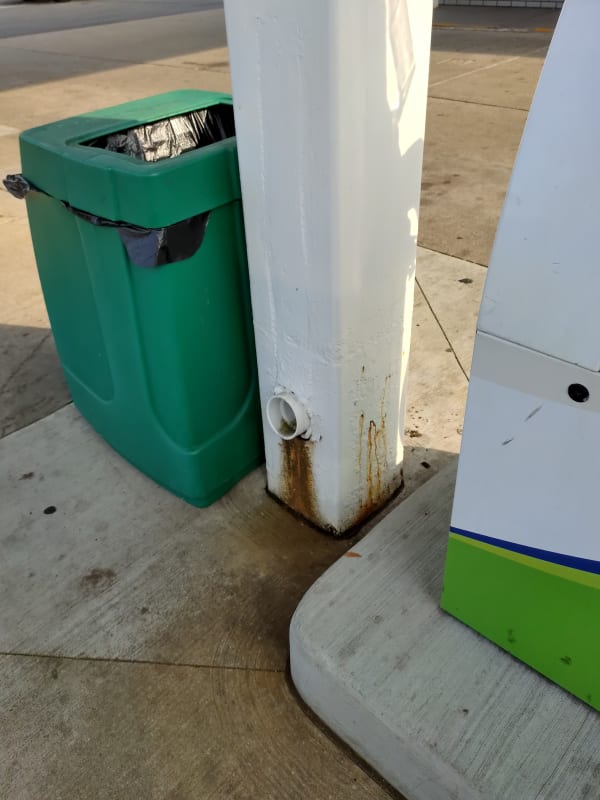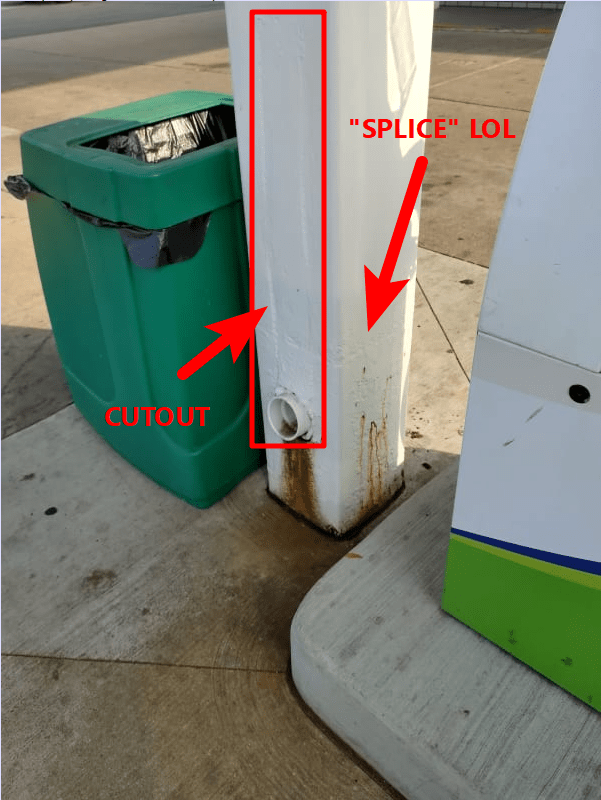Navigation
Install the app
How to install the app on iOS
Follow along with the video below to see how to install our site as a web app on your home screen.
Note: This feature may not be available in some browsers.
More options
Style variation
-
Congratulations cowski on being selected by the Eng-Tips community for having the most helpful posts in the forums last week. Way to Go!
You are using an out of date browser. It may not display this or other websites correctly.
You should upgrade or use an alternative browser.
You should upgrade or use an alternative browser.
Gas Station Column Pissing 8
- Thread starter XR250
- Start date
- Status
- Not open for further replies.
JedClampett
Structural
JLNJ, for a lot of reasons, I got to go to the Florida Keys after Irma and the panhandle after Michael. You are exactly correct. In a rough order, excluding residential:
[ul]
[li]Gas Station Canopies[/li]
[li]Fast Food establishments (lots of glass, inexpensively designed and constructed)[/li]
[li]PEMB's[/li]
[li]Light Poles (lots of leaners)[/li]
[/ul]
[ul]
[li]Gas Station Canopies[/li]
[li]Fast Food establishments (lots of glass, inexpensively designed and constructed)[/li]
[li]PEMB's[/li]
[li]Light Poles (lots of leaners)[/li]
[/ul]
@Jed
The other part of my observation about the flimsiness of gas station canopies is that either we don’t understand the complex action of wind on these types of structures or the people who design them don’t design with the natural robustness as is seen in “normal” structures.
Maybe it’s just the commercial pressure to make these things as cheap as possible.
The other part of my observation about the flimsiness of gas station canopies is that either we don’t understand the complex action of wind on these types of structures or the people who design them don’t design with the natural robustness as is seen in “normal” structures.
Maybe it’s just the commercial pressure to make these things as cheap as possible.
- Moderator
- #28
From Britannica:
"Cement, in general, adhesive substances of all kinds,"
One type of cement may be used to bind agregate together to form mortar or concrete.
A well casing may be "cemented" to the surrounding strata to prevent blowouts past the outside of the casing and to prevent the BOP and a section of casing heading skyward in extreme instances.
And enough of this cement will probably prevent the entry of water:

Bill
--------------------
"Why not the best?"
Jimmy Carter
"Cement, in general, adhesive substances of all kinds,"
One type of cement may be used to bind agregate together to form mortar or concrete.
A well casing may be "cemented" to the surrounding strata to prevent blowouts past the outside of the casing and to prevent the BOP and a section of casing heading skyward in extreme instances.
And enough of this cement will probably prevent the entry of water:

Bill
--------------------
"Why not the best?"
Jimmy Carter
Yeah. I do know the difference. Actually my degree & PE is civil-structural. I started this doing wood roof trusses while in school. After graduating I did pipe stress (space frames) and heavy pump and compressor foundations, refinery pipe racks, 180' tall stair towers, pulp and paper conveyors, chem reactor fdtns, barge docks, helicopter pads on offshore plfms, Texas AM football stadium, some nuclear pipe work, then all of a sudden other opportunities opened up. Like they say, "Specialisation is for insects".
-
2
- #38
That's also true, at least to some extent. You just have to maximise your transferable skill set. In my case it worked out well. Petroleum work is roughly divided into upstream, mid and downstream sectors and each tends to run in economic cycles. When oil is cheap, upstream work drops, but refinery and chemicals boom. Other industries like cheap oil too, so pulp and paper and mining work increases. Pipelines move the stuff all the time and the bulk of that work is civil, heavily combined with the ability to coordinate diverse work groups. Being able to do something useful in each, I almost always had more work than I wanted.
After a few years of doing the details, it usually turns out better in the long run to start supervising and project management and leave the finite element and CFD stuff to the kids. Let them work the simulators, keep them pointed in the right direction, correct their mistakes and push out practical designs, on time and sometimes even under budget.
And having broad experience and knowing how to use it turned out to be my most valuable asset, IMO, at least for projects that involve multiple disciplines and coordinating numerous and diverse organizations. You can always sub out complex design to vendors and specialist engineering companies. Never get caught out "Not seeing the forest for the trees".
After a few years of doing the details, it usually turns out better in the long run to start supervising and project management and leave the finite element and CFD stuff to the kids. Let them work the simulators, keep them pointed in the right direction, correct their mistakes and push out practical designs, on time and sometimes even under budget.
And having broad experience and knowing how to use it turned out to be my most valuable asset, IMO, at least for projects that involve multiple disciplines and coordinating numerous and diverse organizations. You can always sub out complex design to vendors and specialist engineering companies. Never get caught out "Not seeing the forest for the trees".
- Status
- Not open for further replies.
Similar threads
- Replies
- 6
- Views
- 946
- Replies
- 0
- Views
- 7K
- Question
- Replies
- 3
- Views
- 8K
- Replies
- 1
- Views
- 11K
- Replies
- 15
- Views
- 6K


![[bull] [bull] [bull]](/data/assets/smilies/bull.gif)

